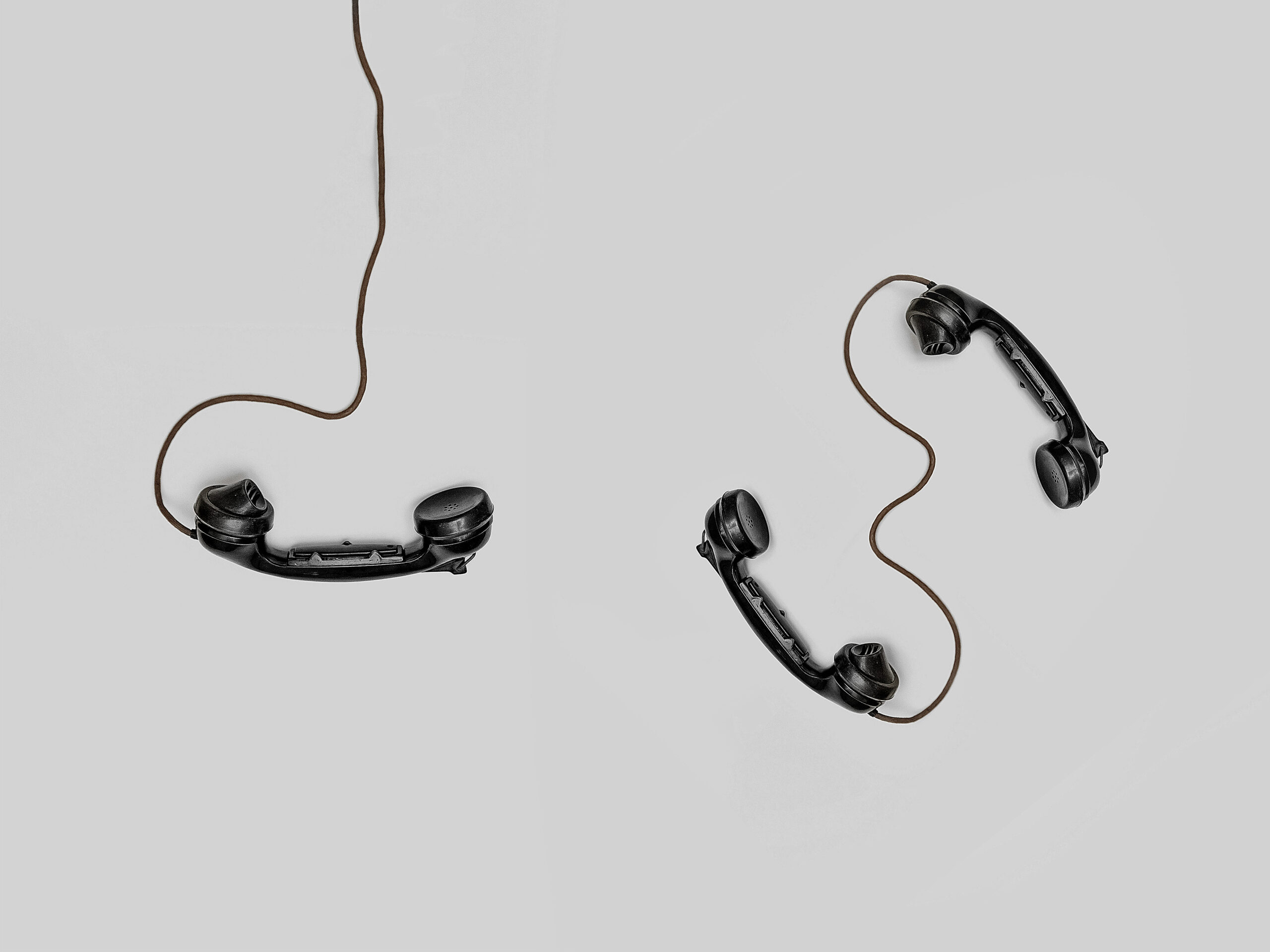Can vertigo be caused by a spinal cord injury?
Title: Exploring the Link between Spinal Cord Injuries and Vertigo: What You Need to Know
Introduction:Vertigo is a debilitating condition that affects millions of individuals worldwide, causing a false sense of spinning or whirling. While it is commonly associated with inner ear problems, recent research suggests that vertigo can also be linked to spinal cord injuries. In this blog, we will delve into the connection between spinal cord injuries and vertigo, shedding light on the causes, symptoms, and treatment options available for those affected.
Understanding Spinal Cord Injuries:A spinal cord injury occurs when there is damage to the spinal cord or nerves within the spinal canal. These injuries can result from traumatic accidents, falls, sports injuries, or medical conditions. Depending on the severity and location of the injury, individuals may experience a range of physical and neurological symptoms, including loss of sensation and motor function below the site of injury.
The Link to Vertigo:While vertigo is commonly associated with inner ear disorders, it can also be triggered by damage to the upper cervical spine, which supports the head and connects it to the rest of the body. Specifically, injuries to the C1 to C4 vertebrae in the neck region can disrupt the delicate balance between the spinal cord, brainstem, and inner ear, leading to vertigo-like symptoms.
Causes of Vertigo in Spinal Cord Injury:1. Disruption of sensory input: The spinal cord plays a vital role in relaying sensory information from the body to the brain. When this communication pathway is disrupted due to spinal injury, it can lead to imbalances in sensory input, potentially causing vertigo-like symptoms.
2. Altered blood flow characteristics: Spinal cord injuries can disrupt blood flow to the brainstem, which is responsible for maintaining the body’s sense of equilibrium. Decreased blood flow to this region can result in dizziness, lightheadedness, and vertigo.
Symptoms of Vertigo in Spinal Cord Injury:Vertigo resulting from a spinal cord injury may present itself alongside other common symptoms such as:- Nausea and vomiting- Sensation of spinning or moving- Loss of balance- Tinnitus (ringing in the ears)- Headaches or migraines
Treatment Options:Managing vertigo caused by a spinal cord injury involves a multidisciplinary approach, including therapies for controlling the underlying spinal injury and addressing the vertigo symptoms itself. Treatment options may include:
1. Medications: Medications such as anti-dizziness drugs (antivertigo medications), anti-nausea drugs, or sedatives may be prescribed to alleviate the symptoms of vertigo.
2. Vestibular rehabilitation therapy: A specialized form of physical therapy, vestibular rehabilitation therapy, focuses on restoring balance and reducing the intensity and frequency of vertigo episodes.
3. Lifestyle modifications: Adopting certain lifestyle changes, like maintaining a healthy diet, managing stress levels, and avoiding triggers, can help minimize vertigo episodes.
4. Surgical intervention: In rare cases, surgical intervention, such as spinal fusion or decompression, may be required to address the underlying spinal cord injury if conservative treatments fail.
Conclusion:While vertigo is typically associated with inner ear problems, it is important to recognize the potential role of spinal cord injuries in causing these symptoms. Understanding the connection between spinal cord injuries and vertigo can empower those affected to seek appropriate medical attention and explore various treatment options available. If you or someone you know experiences vertigo after a spinal cord injury, it is advised to consult a healthcare professional for a comprehensive evaluation and personalized treatment plan.



